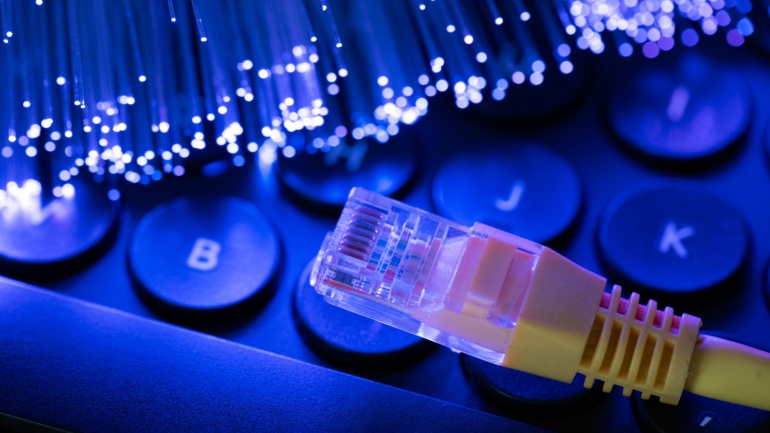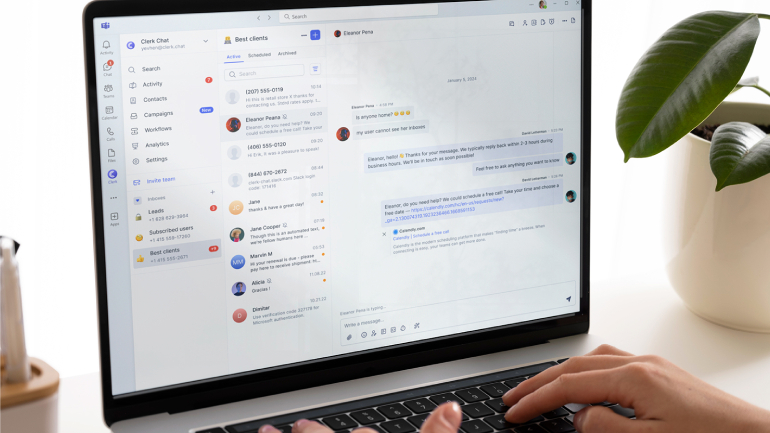OpenAI has unveiled a deepfake detector specifically designed to identify content generated by its image creator, DALL-E. Initially, this tool will be available to a select group of disinformation researchers for practical testing. In the ever-evolving realm of cybersecurity, technologies like AI-driven deepfake detection, real-time monitoring, and advanced data analytics are reshaping digital security and authenticity. These innovations, often led by startups, are significantly improving the identification of manipulated content, thereby fostering more secure digital environments, according to GlobalData, a prominent data and analytics firm. Vaibhav Gundre, Project Manager for Disruptive Tech at GlobalData, highlighted the growing sophistication of AI-generated deepfakes, which pose substantial risks to individuals, businesses, and society. He noted that advanced detection methods, powered by machine learning, are increasingly effective in identifying and flagging manipulated content. These tools employ techniques such as analyzing biological signals and leveraging powerful algorithms to defend against the misuse of deepfakes for…
Italian company Tessellis has announced plans to acquire Go Internet, aiming to bolster its presence in the business services sector. The deal, initially delayed, has now met all necessary conditions and is set to proceed with Tessellis acquiring over 30% of Go Internet following a Reserved Capital Increase scheduled for the end of the month.
Broadband infrastructure provider Openreach has unveiled plans to extend its full fibre broadband services to 517 additional locations across the UK, bringing fibre-to-the-premise (FTTP) to an extra 2.7 million homes and businesses. This ambitious rollout includes 400,000 homes in rural areas, highlighting Openreach’s commitment to bridging the digital divide.
T-Mobile has announced an agreement to acquire the bulk of UScellular’s wireless assets, including its customer base, retail stores, and certain spectrum holdings. The total value of the transaction is $4.4 billion, consisting of cash and the assumption of $2 billion in debt.
VoIP offers significant cost savings for businesses by reducing infrastructure, call, and maintenance expenses. It also improves efficiency with features like voicemail-to-email and video conferencing, all at a minimal cost. Additionally, VoIP is highly scalable and easy to expand, making it ideal for growing businesses.
Telefónica, a leading telecommunications operator, has sealed a fresh agreement with tech giant Google Cloud aimed at turbocharging Telefónica’s journey into cloud adoption and AI-driven innovation. The deal, which extends the strategic collaboration between the two entities for another three years, is poised to usher in a wave of advancements across various fronts.
SIPPIO, the global leader in voice enablement, and Clerk Chat, the leading conversational messaging platform, have today announced the launch of ‘SIPPIO Text Messaging by Clerk Chat’. Available immediately, the new service seamlessly integrates SMS/MMS and WhatsApp Business directly into Microsoft Teams, with Apple Messages for Business coming soon.
A recent survey among telecom and IT engineers at communications service providers (CSPs) indicates a positive outlook on the role of artificial intelligence (AI) in enhancing network performance and driving revenue. Conducted by Ciena and Censuswide, the survey involved over 1,500 telecom professionals from 17 countries.
AI and Machine Learning (ML) are transforming VoIP, enhancing communication efficiency and cost-effectiveness. This integration offers features like real-time call quality optimization, personalized user experiences, and advanced IVR systems. AI-powered analytics unlock valuable insights and improve security. The future holds seamless IoT connectivity and a redefined way we connect through VoIP.
A recent study conducted by Germany’s Verband für Telekommunikation und Mehrwertdienste (VATM) has illuminated the rapid advancements within Germany’s fiber market. The study highlights a steady stride in the country’s fiber rollout, projecting that nearly 19 million households, approximately half of the German population, will have access to fiber-to-the-premise (FTTP) connectivity by mid-year, marking a rise of 2 million households since the close of 2023.













